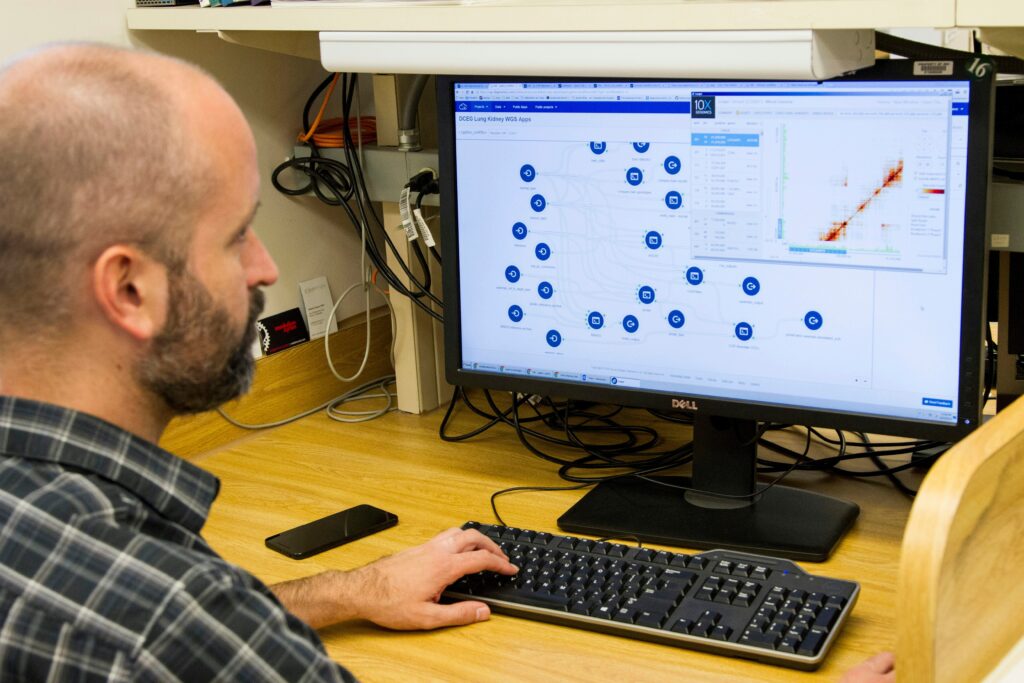
When shopping online, consumers often encounter chatbots answering their questions, virtual assistants tracking their packages, and AI systems guiding them through returns. As technology increasingly becomes a part of customer service, a new question arises: Do consumers prefer interacting with machines or humans?
A comprehensive international meta-analysis suggests that artificial agents are often more positively received than one might expect. While they are not always seen as superior to human employees, the perceived difference is frequently smaller than anticipated. This study, conducted by Professor Holger Roschk from Aalborg University Business School alongside Katja Gelbrich, Sandra Miederer, and Alina Kerath from Catholic University Eichstätt-Ingolstadt, analyzed 327 experimental studies involving nearly 282,000 participants. The findings were published in the Journal of Marketing.
AI’s Surprising Advantages in Customer Interactions
The research highlights that artificial agents have distinct advantages, particularly in situations requiring negative responses, such as loan application rejections. According to Professor Roschk, “At a time when AI is being integrated everywhere – from banking to healthcare – it is crucial to know when and how we as humans accept machines. It is often postulated that customers prefer to talk to a human, and many are skeptical of machines. But when we look at customers’ actual behavior – whether they follow advice, buy something, or return – the differences are often small.”
Context Matters: When AI Shines
The study emphasizes that the effectiveness of artificial agents depends significantly on the context. In situations deemed embarrassing, such as purchasing health-related or intimate products, customers often prefer the anonymity of a chatbot over human interaction. “We may have overestimated the need for artificial agents to be human-like. This is not always necessary – in fact, it can be an advantage that they appear as distinct machines,” Roschk explains.
Moreover, algorithms excel in tasks that require calculations or recommendations, such as determining the shortest route or suggesting the right clothing sizes. Robots with physical presence are particularly effective in roles requiring motor skills, like room service in hotels or warehouse tasks.
“We also see that artificial agents, contrary to what you might expect, have certain advantages in situations where a negative response must be given. This may be the case when an algorithm rejects a loan application,” says Holger Roschk, adding that this is probably because the machine’s ‘insensitivity’ can have a disarming effect.
Limitations and Human Necessity
Despite these advantages, Roschk cautions that artificial agents are not a substitute for human employees. Technology has clear limitations, especially in scenarios demanding empathy, spontaneity, and situational awareness. “We recommend that companies focus on using artificial agents in situations where they can relieve employees of physically or mentally demanding tasks. It’s not about replacing people – it’s about using technology where it makes sense,” he advises.
The Future of AI in Customer Service
As AI continues to permeate various sectors, understanding its role in customer service becomes increasingly important. The findings of this study suggest that while AI can enhance efficiency and handle specific tasks effectively, the human touch remains indispensable in areas requiring emotional intelligence and complex decision-making.
Looking ahead, businesses are encouraged to strategically integrate AI, leveraging its strengths while recognizing its limitations. By doing so, they can optimize customer interactions and improve service delivery without compromising the essential human element.






